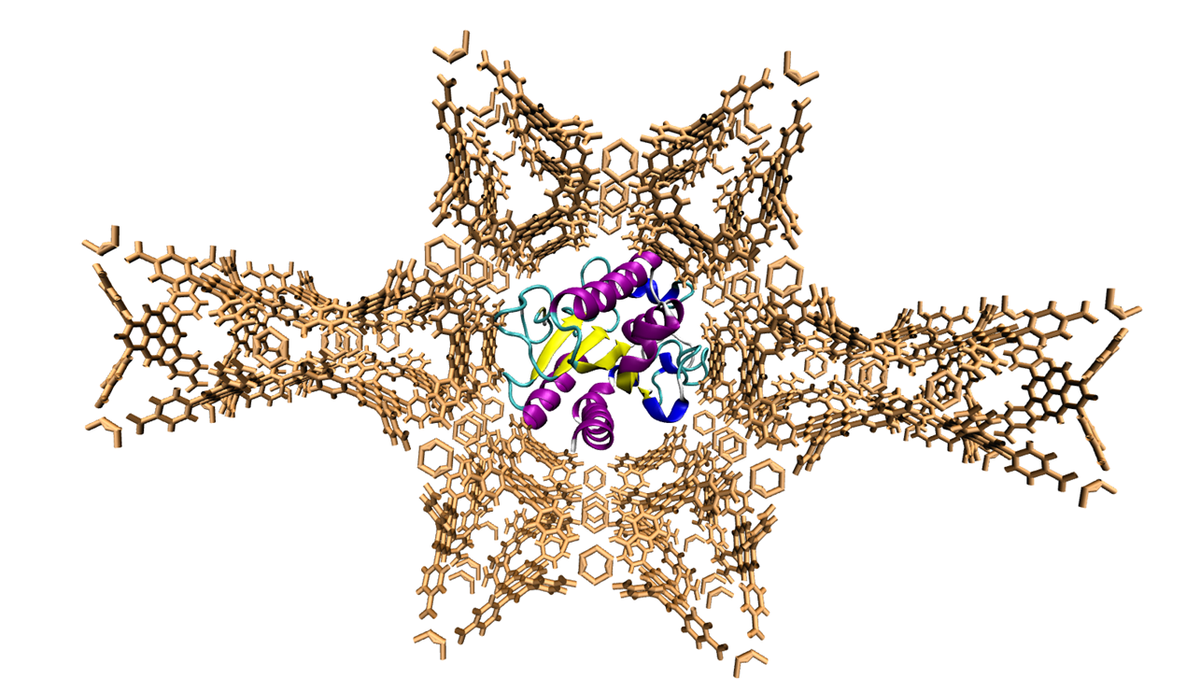Reversed Engineered Digital Twins for Adsorbents used in Biotechnology
The global market for selective bioseparation systems, presently at around 20 billion, is projected to grow at an annual rate of more than 5%. These systems depend on bioinstructive materials in a way that highly specific interactions between the target molecule and the material are achieved by tailored surface functionalization and nanoscale material structure. Here we will develop digital twins, based on a combined experimental/modelling approach, for different adsorbent materials, i.e. polymer-based or based on metalorganic frameworks. Availability of such digital twins will enable rational design of adsorbent materials regarding: (i) size and pronounced flexibility of the adsorbate molecules, (ii) the heterogeneity of the adsorbent functionality, (iii) the influence of the used solvent and the contained small electrolytes, and (iv) the fact that the efficiency of the adsorption process is not solely determined by physicochemical interactions on a molecular scale but also by nanoscopic material properties, like pore size distribution, pore shape, etc..
In the project, we will develop models, software tools and respective workflows to generate the targeted digital twins. The final goal will be digital twins for relevant materials which can be implemente
d into bioprocess simulation software as independent modules and which simulate the adsorption/desorption behavior of the respective adsorbent for a vast range of target molecules. The digital twin may be specialized for certain types of chemical compounds, however, it is not a simple collection of capacity and affinity constants for a fixed list of molecules, as it is found in todays process simulation tools, but a three-dimensional representation of the material allowing detailed molecular dynamics simulations of adsorbent – adsorptive interactions.
| Name | Institute |
|---|---|
| Matthias Franzreb | Institute of Functional Interfaces (IFG) |
| Wolfgang Wenzel | Institute of Nanotechnology (INT) |


